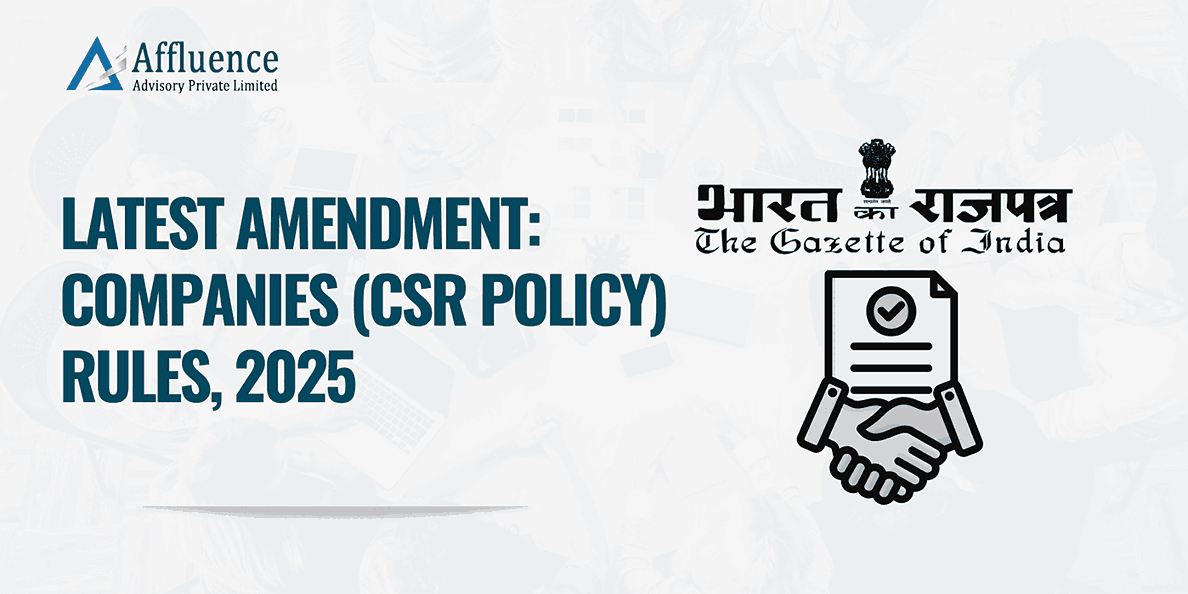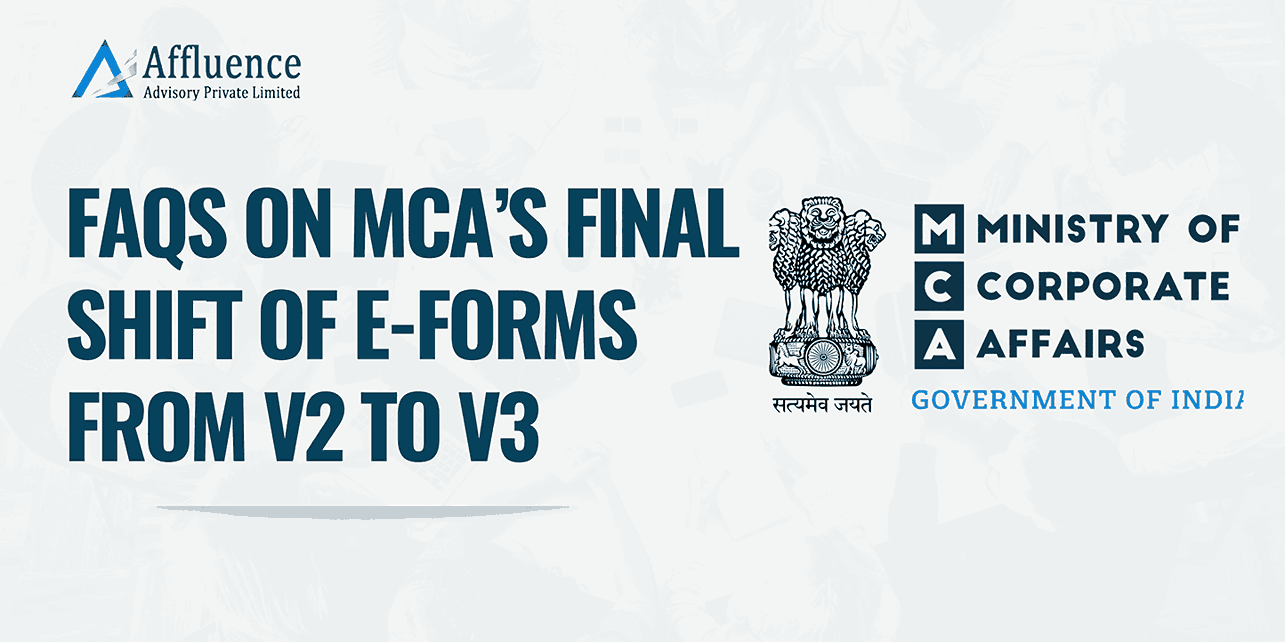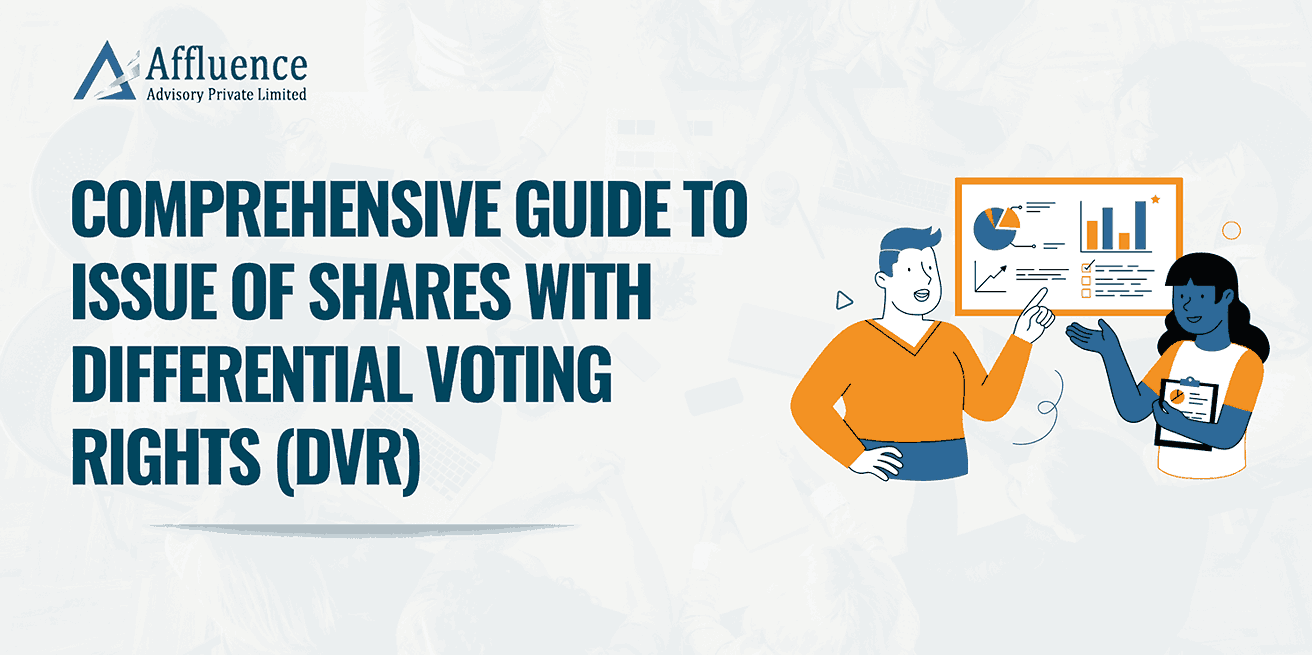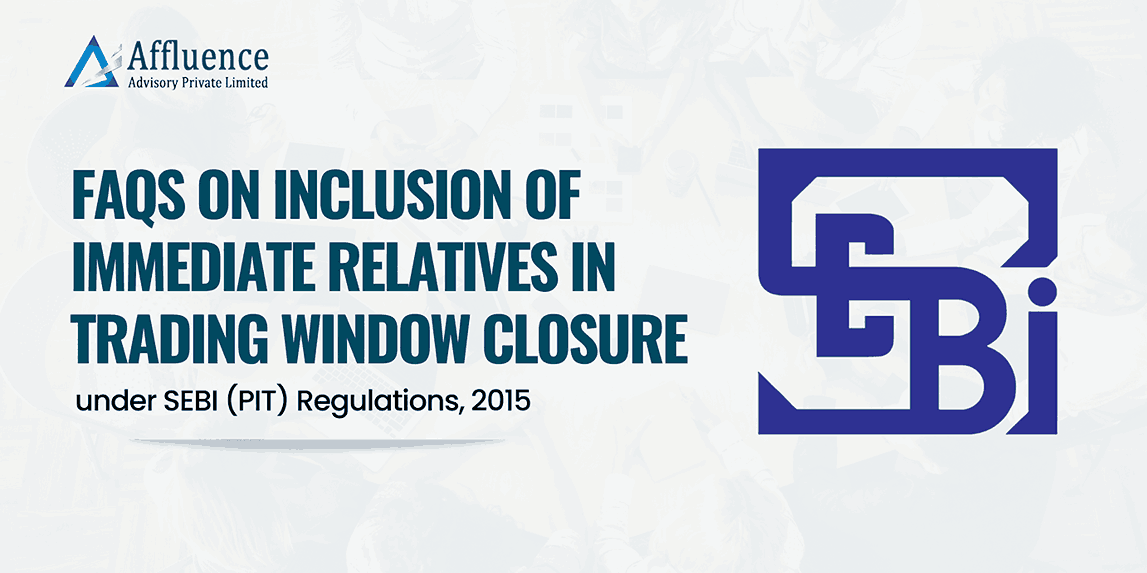Capital Gains Tax applies if Non-Residents sell any House Property in India. The Tax is payable on gains depending on whether it is Long Term Capital Gains or Short Term Capital Gains.
Period of Holding House Property | Capital Gains | Tax Rate |
More than 2 years from the date it is owned | Long Term capital Gains | 20% |
Less than or equal to 2 years from the date it is owned | Short Term Capital Gains | Applicable Income Tax Slab Rates for NRI |
Important Note:- If property is inherited date of purchase of previous owner shall be considered for calculating the Period of Holding. Also, Cost of previous owner shall be considered for calculating Capital Gains.
Tax Deduction at Source (TDS) Applicability
TDS shall be deducted and deposited to Government by the buyer of property at the rate of 20% for Long Term Capital Gains. Surcharge and Cess shall also be levied.
Effective rate of TDS for Long Term Capital Gains shall be as follows :-
Particulars | Sales Value of Property | ||
Less than 50 Lakhs | 50 Lakhs to 1 crore | More than 1 Crore | |
TDS Rates (including Surcharge & Cess) | 20.80% | 22.88% | 23.92% |
For Short Term Capital gains, TDS shall be deducted and deposited to Government by the buyer of property at Income Tax Slab rates of the Seller. Surcharge and Cess shall also be levied on the applicable Tax rate in the same manner as explained in the table for Long Term Capital Gains.
TDS on purchase of Property from NRI is required to be deducted irrespective of the Transaction Value of the Property. Even if the value of property is less than Rs. 50 Lakhs – this TDS is required to be deducted.
The buyer should have a TAN No for deduction of TDS. TAN No is not required in case the property is purchased from a Resident Indian but it is mandatory in case the property is purchased from a Non Resident Indian.
Important Note :- The seller can file an application in Form 13 with the Income Tax Department and request them to compute his Capital Gains. The Income Tax Department will collect information from seller and will compute the Capital Gains of the seller and will issue a certificate for Nil/ Lower deduction of TDS depending on the capital gains arising on the sale of property.
The seller is required to give this certificate to the buyer and the buyer will deduct the TDS as per the rates mentioned in the income tax certificate.
How to save Capital Gains Tax?
NRI can claim exemption under section 54 & 54EC on Long Term Capital Gains.
Exemption under Section 54
– Investment in One or Two residential houses, as the case may be in India.
– Purchase of Residential House within 1 year before or 2 years after date of Transfer or Construction of House Property within 3 years from the date of Transfer. To claim exemption you have to invest only Capital Gains amount and not the entire Sale amount.
Important Note:- Exemption is withdrawn if you sell new property within 3 years from the date of purchase.
– If you are unable to purchase house property until the date of filing of Income Tax Return you can deposit your gains in Capital Gains account scheme and claim exemption from Capital Gains in Income Tax Return. If the amount deposited in Capital Gains Account Scheme is not utilized for Purchase of construction of House property within stipulated time of 2 years / 3 years as the case may be then unutilized amount is charged as Capital Gains in the year in which specified period expires.
In the event of Death of an Individual, the unutilized amount is not chargeable to tax in the hands of Legal Heir of the deceased individual as it is not income.
Exemption under Section 54EC
– Investment in Bonds of National Highway Authority of India (NHAI) / Rural Electrification Corporation (REC) or any other notified Bonds.
– Investment in Bonds to be made within 6 months from the date of transfer to claim exemption u/s 54EC. To claim exemption you have to invest only Capital Gains amount and not entire Sale amount.
A person cannot invest more than Rs. 50 lakhs in these 54EC bonds in total.
The bonds bought with the capital gains amount should be held for at least 5 years. If a person sell the bonds before the end of 5 years, then the exemption granted under Section 54EC will be withdrawn and have to pay LTCG tax on the original capital gains amount.
Click here to Download PDF
Disclaimer: This article provides general information existing at the time of preparation and we take no responsibility to update it with the subsequent changes in the law. The article is intended as a news update and Affluence Advisory neither assumes nor accepts any responsibility for any loss arising to any person acting or refraining from acting as a result of any material contained in this article. It is recommended that professional advice be taken based on specific facts and circumstances. This article does not substitute the need to refer to the original pronouncement











